Why "Bouncing Back" After Birth Isn't the Goal - And What Actually Helps
When we talk about postpartum recovery, the phrase "bouncing back" gets tossed around like it's a badge of honour. Back to your old body. Back to your old routines. Back to normal. But the truth is, there's no "back." And framing recovery this way can do more harm than good - especially to your mental health.
The Hidden Pressure of "Getting Back"
In a world of filtered Instagram moms and "snapback" culture, new parents often feel the pressure to heal quickly, look a certain way, and juggle it all with a smile. This unrealistic expectation can leave people feeling defeated when their experience doesn't match the picture-perfect narrative. It's isolating. And it fuels shame during a time that already feels overwhelming.
Your Brain (and Body) Are Rewiring
Postpartum isn't just about healing from childbirth - it's a massive neurological shift. Research shows that the brain changes to adapt to caregiving and bonding, often heightening emotional sensitivity. Hormonal fluctuations, sleep deprivation, and identity changes can trigger anxiety, intrusive thoughts, and even postpartum depression. This isn't weakness - it's biology.
What Actually Helps
Instead of trying to bounce back, try this:
- Name what you're feeling without judgment. Guilt, fear, even resentment - all valid.
- Ask for help early and often. Whether it's a friend dropping off food or a therapist offering support, you don't need to go it alone.
- Unfollow accounts that trigger body shame or comparison. Curate a feed that reflects your reality - not someone else's highlight reel.
You're Not Alone
Every postpartum journey is unique. You deserve support that meets you where you are - not where someone thinks you should be. Healing isn't linear, and there's no timeline for "feeling like yourself again." In fact, you might meet a new version of yourself - one that's stronger, wiser, and more compassionate than ever before.
Author: Nebula Islam
Reviewed by Dr. Sarah Haller, C. Psych, Clinical Psychologist
